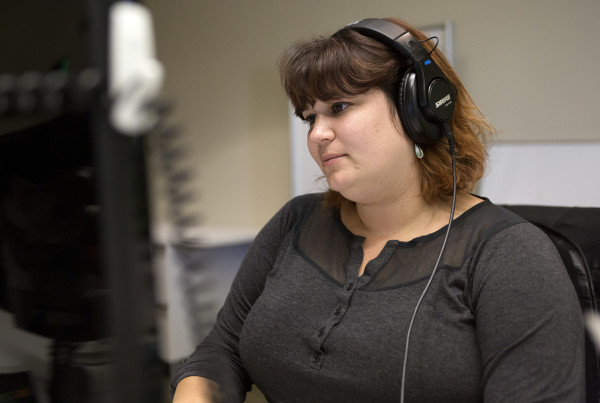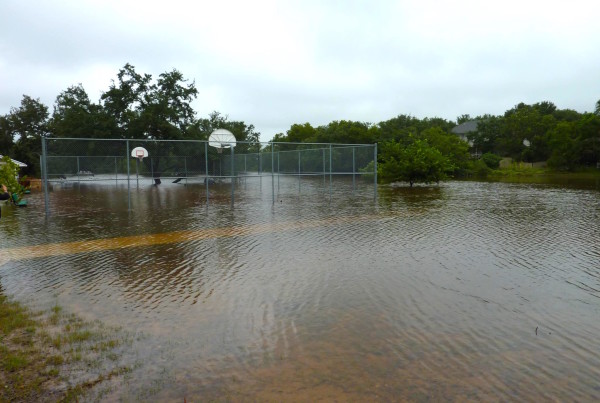SeaWorld will no longer breed killer whales in captivity. That’s the official word as of Thursday. But what’s not so clear is how the company will move forward as its traditional model of operation continues to crumble under pressure from critics and the public at large.
Wall Street Journal reporter Austen Hufford says the company has been under a lot of pressure from animal rights activists who say that having orcas in captivity is bad for their health and well-being, so SeaWorld is undergoing a shift in focus.
“(The company said) they want people to leave their parks ready to help animals around the world,” he says. “Apparently, SeaWorld is one of the largest marine animal rescue organizations in the country and they rescue animals on both coasts all the time.”
Theme park attendance has dropped since the film “Blackfish” was released in 2013, along with company stock prices. SeaWorld will still have live orca shows.
“even though they’re phasing out the theatrical shows, they’re still going to have a show,” he says. “It’s going to be a more naturalistic setting, it’s going to focus on the animals innate characteristics, such as showing how they hunt… not doing aerobatics in the air and splashing people in the audience.”
Hufford says an important thing to keep in mind is orca’s longevity – they live 50 years on average and can live up to 90 years in the wild. The company has 29 orcas, one of which is pregnant.
“Even though they’re going to stop breeding them, these orcas are still going to be around,” he said.
Recently, company executives said they’ve seen positive Twitter mentions outnumber negative ones – for the first time since the new CEO took over ten months ago.
“That’s a quick indication that consumers, at least on social media, are already responding positively to this change,” Hufford says.

















